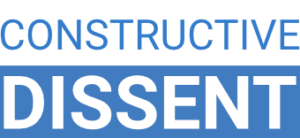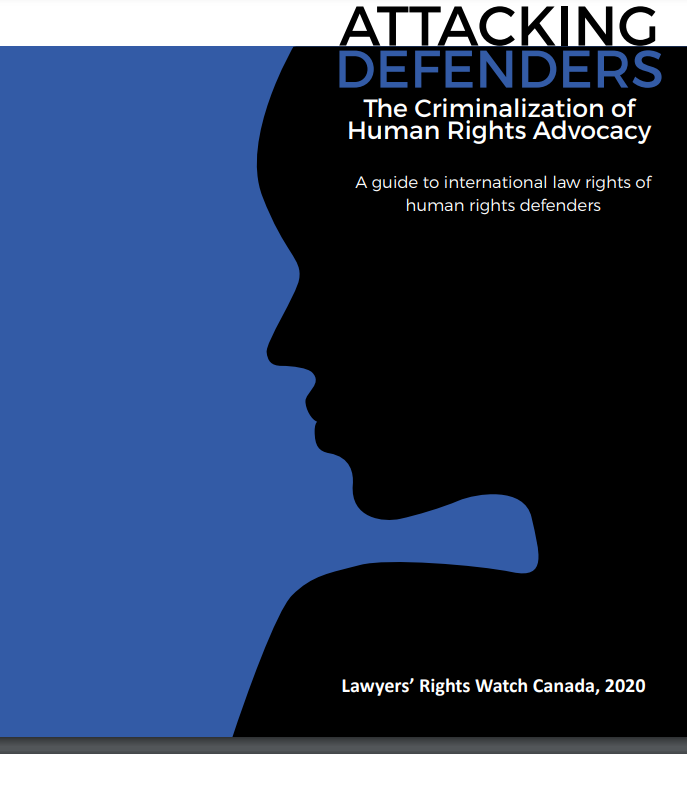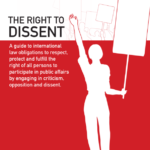ATTACKING DEFENDERS: THE CRIMINALIZATION OF HUMAN RIGHTS ADVOCACY–a guide to international law rights of human rights defenders (Lawyer’s Rights Watch Canada, 2020)
Attacking Defenders identifies the international human rights law and jurisprudence developed by the United Nations (UN), Organization of American States (OAS), African Union (AU) and European Union (EU) to protect human rights advocacy and the diminishing rights of human rights defenders (HRDs).
Production of this unique guide was inspired by the alarming increase around the globe in attacks on HRDs and the use of national laws to criminalize human rights advocacy and the exercise of protected rights. Attacking Defenders explains how such actions, masquerading as ‘legal,’ contravene international human rights law and the binding legal obligations of member states of the UN, OAS, AU and EU.
Attacking Defenders is intended to support the efforts of HRDs to defend themselves and other victims and to provide a defence against the growing trend to replace rights-based governance with systems of control that use laws to suppress rather that support human rights.
Written by Lois Leslie BSocSc (Hons) LLB LLM
Foreword by Michel Forst, UN Special Rapporteur on the situation of human rights defenders (June 2014-April 2020)
This guide, Attacking Defenders, has been produced for public use. Readers are free to copy, distribute, and display this publication and to make derivative works with appropriate credit to LRWC. Print and ebook versions will be available soon. A free copy can be downloaded here: https://www.lrwc.org/attacking-defenders-the-criminalization-of-human-rights-advocacy/
Attacking Defenders is one of a number of LRWC publications that provide support to HRDs in jeopardy as a result of their human rights advocacy. It is a companion to The Right to Dissent: A guide to international law obligations to respect, protect and fulfill the right of all persons to participate in public affairs by engaging in criticism, opposition and dissent, also by Lois Leslie with a Foreword by Pearl Eliadis. The Right to Dissent is available free online. Print and ebook versions are available for purchase.
Foreword by Michael Forst, United Nations Special Rapporteur on the situation of human rights defenders
After 13 years of negotiation, the United Nations Declaration on human rights defenders was adopted in 1998, recognizing and enshrining the right to defend rights. It sets out the responsibility for States to protect this right and those who embody human rights struggles.
Yet all over the world, human rights defenders are facing unprecedented attacks. This has become one of the most common diagnoses regarding the state of organized civil society and we seem to be always one step behind initiatives developed by States and non-State actors to limit human rights work.
Since becoming UN Special Rapporteur on the situation of human rights defenders in 2014, I have had the privilege and opportunity to learn and see how local communities, social movements and defenders constantly reinvent themselves in this difficult context.
Far from giving up the ideals held by the Universal Declaration of human rights, human rights defenders learn how to navigate these new challenges, sometimes paying a high price, individually and collectively.
This report shows how criminalization has become over the years a tool for the powerful to muzzle the powerless and how the law has been used to attack rather than to protect. This report shows how criminalization impedes human rights work, how it affects rights holders and how it ultimately undermines the human rights architecture that has been patiently built over the last seventy years to ensure the rights and dignity for all.
The report helps identify the main forms of criminalization and the groups that are the most affected by this practice. It identifies and explains the international human rights laws, standards and jurisprudence developed to protect human rights defenders and human rights advocacy. Finally, it lists a number of good practices that contribute to strengthening the protection of human rights defenders.
Democracy, peace and human security flourish when human rights defense and the right to engage in human rights advocacy are guaranteed and promoted. It is our common responsibility to help push back criminalization and convince public opinions and political leaders that human rights defenders are not criminals – but rather our best protectors in uncertain times.
Michel Forst
https://www.lrwc.org/attacking-defenders-the-criminalization-of-human-rights-advocacy/



